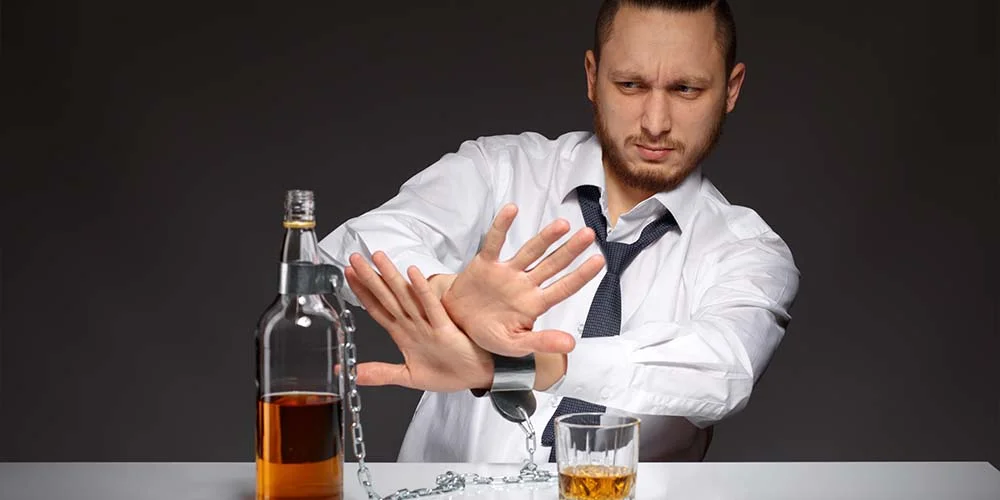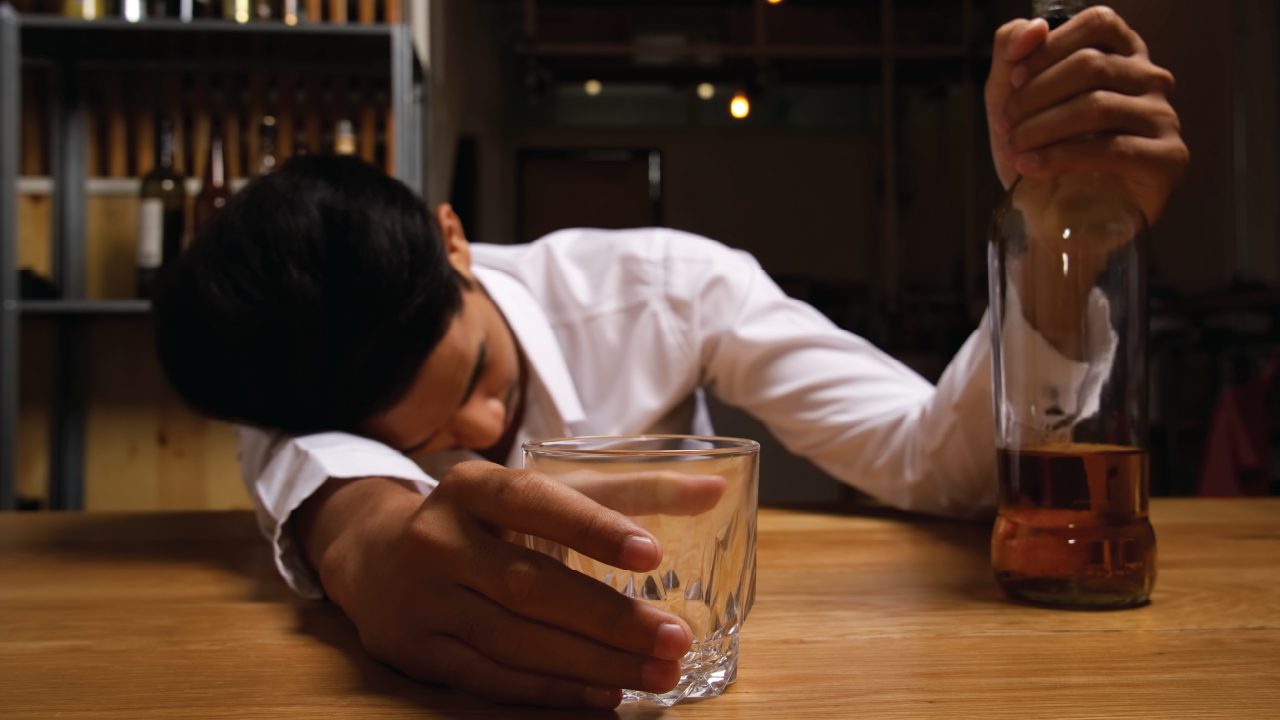How Rehab Centers Help Treat Alcohol and Drug Dependency?

Alcohol and drug addiction affects millions globally. Drug abuse harms mental and physical health, relationships, jobs, finances, and quality of life. Addiction therapy aids recovery. Rehab institutions treat withdrawal and help individuals with substance use disorders rehabilitate emotionally.
You must understand rehab centres like Athena Behavioral Health and their treatments if you’re battling with substance misuse or worrying about a loved one. Rehab is needed, not a “mental hospital” or a retreat after “hit rock bottom.” Drug and alcohol rehabilitation.
Function of Rehabilitation Centers to Treat Alcohol and Drug Dependency
Drug and alcohol rehab is extensive. Rehab centers to treat alcohol and drug dependency take steps to treat addiction’s causes and symptoms. The specialists treat addiction, depression, and narcissism simultaneously.
Different Rehab Programs
Due to addiction severity and individual needs, recovery facilities provide different programs. The most common rehab programs:
1. Inpatient Rehab
Patients must stay in a psychiatric hospital or addiction treatment clinic for inpatient rehab. This facility is designed for individuals with severe addiction and mental health conditions. Mental health inpatients receive 24-hour medical supervision. When withdrawal symptoms are worst, constant observation is needed.
2. Outpatient Rehab
Outpatient rehab facility enables people live normally while receiving treatment. While less intensive than inpatient rehab, outpatient programs offer group therapy and one-on-one counselling with local psychiatrists.
3. PHP Partial Hospitalization
PHP blends inpatient and outpatient care related rehabilitation centers. Patients receive significant treatment during the day but go home at night. This option is ideal for people who need more than outpatient care but not 24-hour supervision.
The Recovery Process Starts with Detox
Many treatments start with detox. Through detox, withdrawal can be physically and emotionally challenging. Rehabilitation centres treat withdrawal symptoms with medicine. Without medical supervision, alcohol, heroin, and prescription drug detox can be lethal.
Mental institutions and rehabs monitor detox patients. Medication treats nausea, anxiety, and seizures. Psychological support is needed because withdrawal fears may prevent people from seeking help.
Dual Diagnosis: Treating Mental Health Disorders
Many individuals with alcohol use disorder and substance dependence experience depression, anxiety, or narcissism. It’s dual diagnosis. For recovery, addiction and mental illness must be addressed jointly.
Rehab clinics’ mental wards treat dual-diagnosed patients. Local psychiatrists may use CBT and medicines for comorbid disorders. Mental health conditions may induce addictions, thus they must be treated jointly.
Rewire the Brain: Behavioral Therapies
Physical and mental dependence are addictions. Many behavioral therapies support people in recovering mentally and emotionally in rehab. These therapies “rewire” the brain to learn better stress, trauma, and emotional trigger coping.
1. CBT
CBT is an effective recovery treatment. It helps individuals recognize and change unwanted thoughts and behaviors. CBT helps persons with co-occurring disorders like narcissism gain emotional regulation and empathy, improving relationships.
2. Dialectical Behaviour Therapy
DBT stresses mindfulness and emotion control like CBT. It often treats extreme emotional regulation issues or self-destructive activities like substance abuse. Borderline personality disorder and emotional dysregulation are treated well with DBT.
3. MI Motivational Interviewing
Counselling using Motivating Interviewing improves people. MI is client-cantered, letting patients choose recovery goals. Ambivalent drug and alcohol quitters benefit from this strategy.
Support: Long-Term Recovery Network Building
Treatment requires a support network for long-term healing. Rehabs emphasize peer support from group treatment, 12-step programs like AA, and family therapy. Peer support provides community and accountability for long-term recovery.
Treatment regimens often stress family therapy. Addiction affects the family. Family therapy helps loved ones understand and support the patient throughout and after recovery.
Sober Aftercare
The rehabilitation process continues after treatment. Aftercare is needed for long-term recovery. Patients receive follow-up care to fulfil recovery goals. Support groups, outpatient therapy, and sober living homes are examples.
Sober living houses assist individuals in reintegrating. These homes give rehab graduates structure and assistance to practice while maintaining accountability.
Overcoming Rehab and Mental Health Stigma
Drug and alcohol rehab is stigmatized despite its efficacy. Having narcissistic personality disorder and other mental health issues can be stigmatizing.
A rehab clinic demonstrates strength, not weakness. Addiction needs treatment like any illness. In addressing physical, emotional, and psychological aspects of addiction, treatment facilities help people quit.
The Importance of Professional Help
Without expert help, addiction recovery is difficult and often fails. Structure, medical care, and psychological support from rehab facilities are needed for long-term rehabilitation. Professional care in rehab centres, whether inpatient mental ward, outpatient, or a mix of therapies, boosts success.
Co-occurring mental health disorders provide unique problems for treatment programs. These facilities’ psychiatrists, counsellors, and other healthcare professionals create tailored addiction and mental health treatment plans for narcissistic personality disorder.
Moving Forward After Rehab
While rehab institutions are essential to recovery, the path continues beyond treatment. Long-term sobriety takes effort, commitment, and support. Rehab centers offer outpatient treatment, support groups, and relapse prevention measures as aftercare.
Aftercare includes teaching people how to manage stress, triggers, and cravings. Many recovery institutions offer everyday coping skills. This can involve mindfulness, cognitive behavioural tactics, and lifestyle modifications including exercise, a good diet, and enough sleep.
These organizations offer support and accountability from others who understand addiction. Relapse can be reduced by attending these groups often to keep people focused on their recovery goals.
Some need a sober home after rehab to stay sober. Sober living houses provide controlled, drug-free environments for reintegration into daily life in a supportive community.
Lifelong Commitment
Recovery begins in rehab, but sobriety is lifelong. Those with alcohol and drug addictions can recover with expert treatment, aftercare, and a strong community. Rehabilitation clinics and committed specialists like psychiatrists near me help people reconstruct their lives and achieve long-term health.
Conclusion
Drug and alcohol rehab saves lives. Physical and mental therapy helps people regain control. Drug rehab supports individuals through detox, therapy, aftercare, and support. Rehab institutions like Athena Behavioral Health +91 92890 86193 and email – customercare@bestrehabcenterinindia.com help patients with medical, psychological, and emotional care. Sobriety is safe and managed in rehabilitation facilities with mental health wards, psychiatrists near me, and other therapies. Rehab helps narcissistic personality disorder and addiction. Please seek alcohol or drug treatment for yourself or a loved one. Not only getting sober, rehab is about repairing your life and health.
FAQs About Alcohol and Drug Rehabs
Rehab institutions provide medical detoxification, individual and group therapy, Cognitive Behavioral Therapy (CBT), dual diagnosis treatment for co-occurring mental health illnesses, and aftercare programs. Long-term addiction therapy emphasizes both physical and mental health care.
Drug and alcohol addiction can stem from underlying conditions such as depression, anxiety, and Narcissistic Personality Disorder (NPD), which psychiatrists address. They may also prescribe medication to manage withdrawal symptoms or treat mental health issues.
Inpatient rehab provides 24/7 care in a structured facility, ideal for severe addictions. Outpatient rehab allows patients to live at home while attending scheduled treatment sessions, typically suitable for milder addictions.
Addiction treatment for individuals with NPD involves dual diagnosis, addressing both addiction and mental health issues. Therapies such as CBT and Dialectical Behavioral Therapy (DBT) help individuals cope with emotions and develop healthier behaviors.
After outpatient treatment, options such as Alcoholics Anonymous (AA), Narcotics Anonymous (NA), and sober living houses are available. These programs offer guidance, peer support, and relapse prevention to aid long-term recovery.






